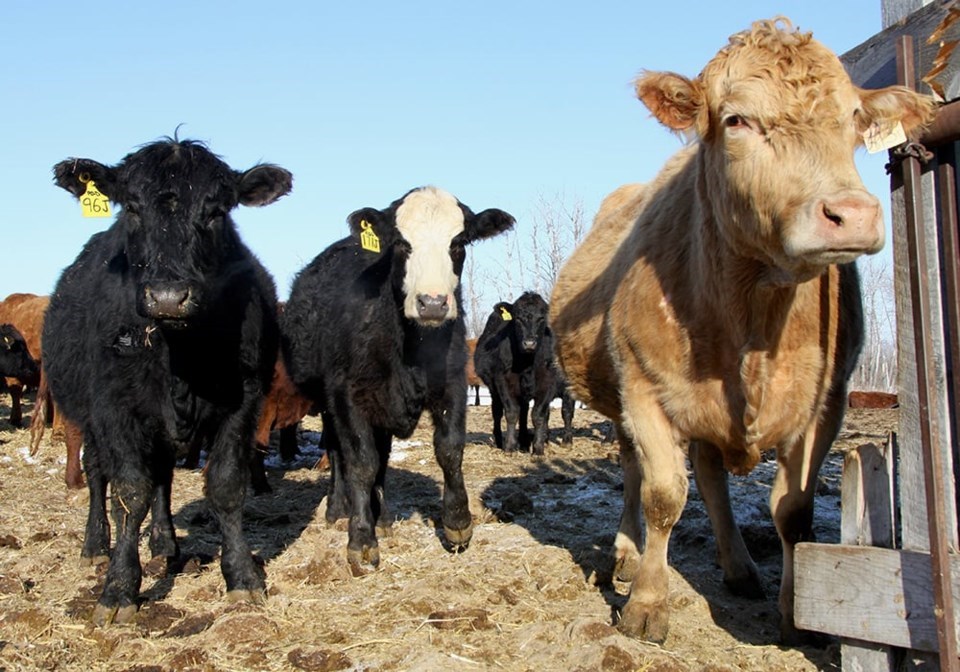Castle rustling is trending up across the Prairies, according to Bob Solomon, district manager with Livestock Services of Saskatchewan.
On March 16, a 48-year-old man faced criminal charges after Saskatchewan and Alberta RCMP recovered 10 head of cattle that were stolen in Alberta and taken to a pasture near Martensville, Saskatchewan.
“Cattle rustling in ongoing. It’s been there ever since I started as a brand inspector,” Solomon said.
In fact, there seems to be more rustling today than has been the norm, he added.
Solomon said when prices are good it tends to bump thefts.
It is also getting easier in some senses to take cattle. While stock have long been pastured often well away from an owner’s residence, there are fewer rural families to see anything unusual going on, noted Solomon.
And, it is also getting easier to sell stolen stock.
While in Saskatchewan and Alberta stock taken to auction barns, like Heartland in Yorkton, have brands inspected.
Solomon said they recently caught cattle trying to be sold at the Whitewood auction with two brands, the owner’s and one added by rustlers, so inspection helps.
East of Saskatchewan sale barn brand inspectors are no more, so no one is watching for brands on cattle that were stolen, noted Solomon.
As a result, Solomon said cattle stolen in eastern Saskatchewan are being hauled into Manitoba to be sold.
There are efforts to better check cattle being hauled east.
Livestock Services now has a dedicated livestock investigator working out of Regina who is an RCMP officer. The officer is currently working with detachments in Eastern Saskatchewan on what to look for when stopping cattle trailers.
So right now, rustling activity is on the rise; cows, steers, heifers and even horses, are going missing.
“We’re getting more files,” said Solomon.
Solomon said cattle producers can help by making sure their animals are branded.
“There are still cattle walking around with no identification on them,” said Solomon.
If unbranded cattle come into a sale barn it’s near impossible to determine ownership beyond whoever brought them in.
Solomon urged producers to get a registered brand, and use it, adding that’s as easy as contacting his office (306-786-5712), and apply for a brand which will be unique to your farm.



.png;w=120;h=80;mode=crop)